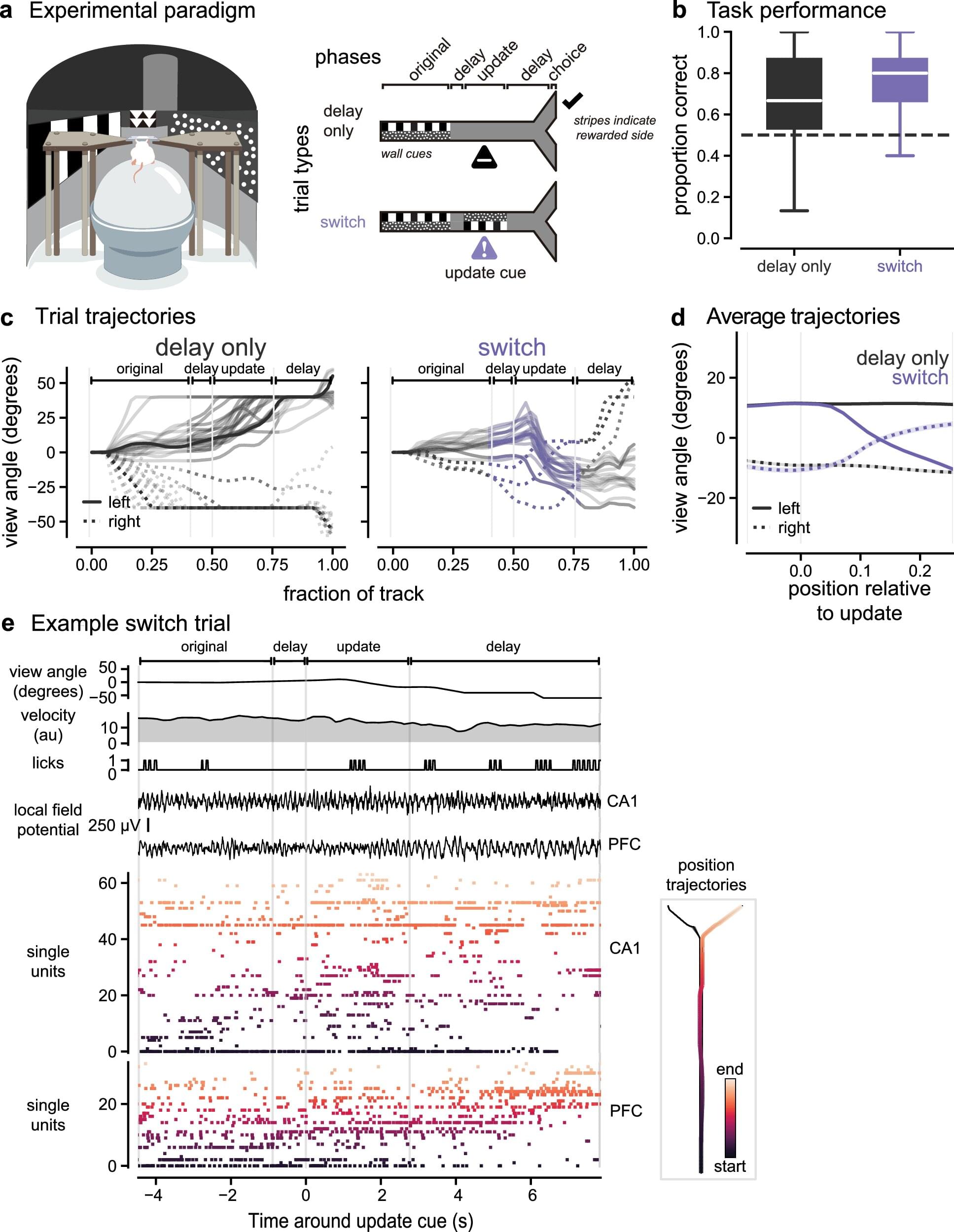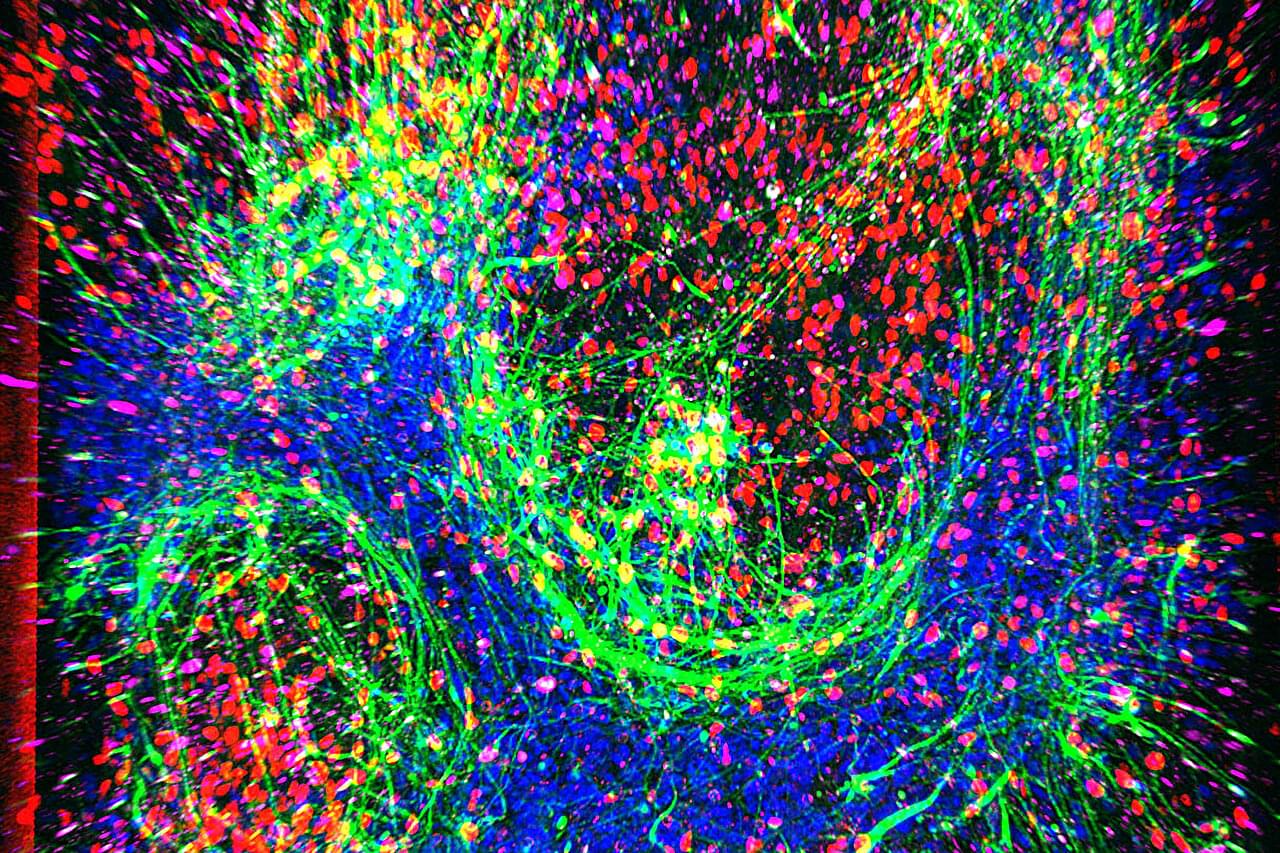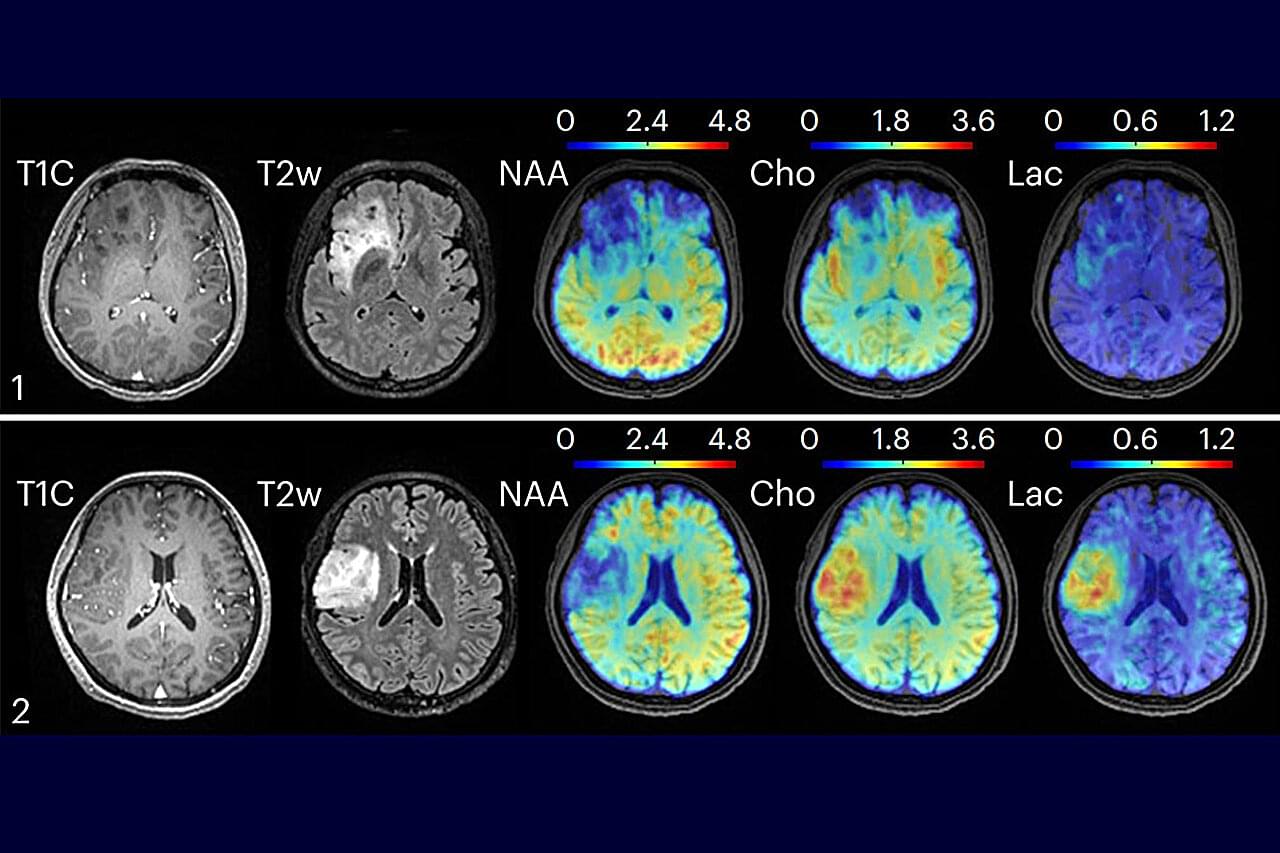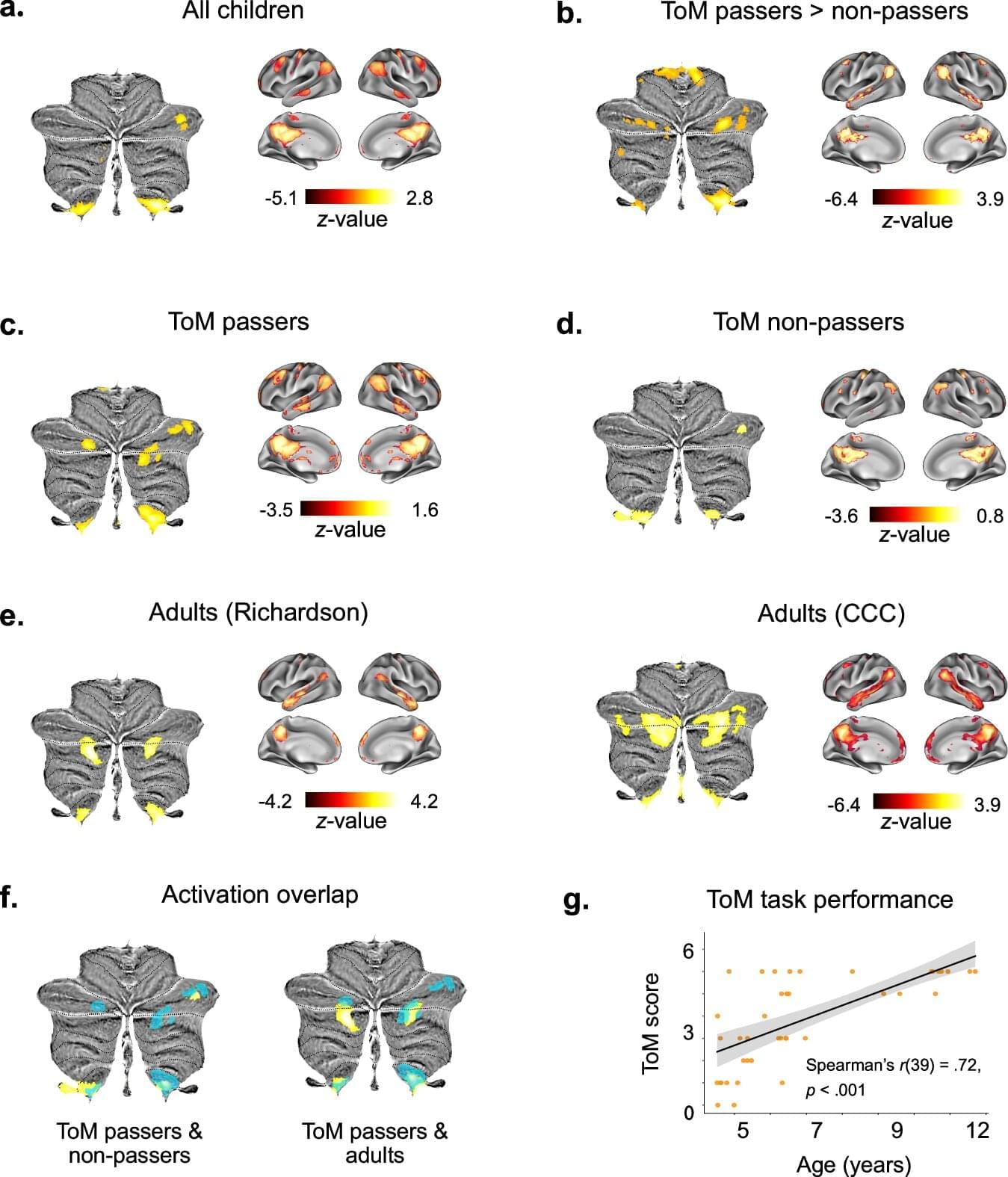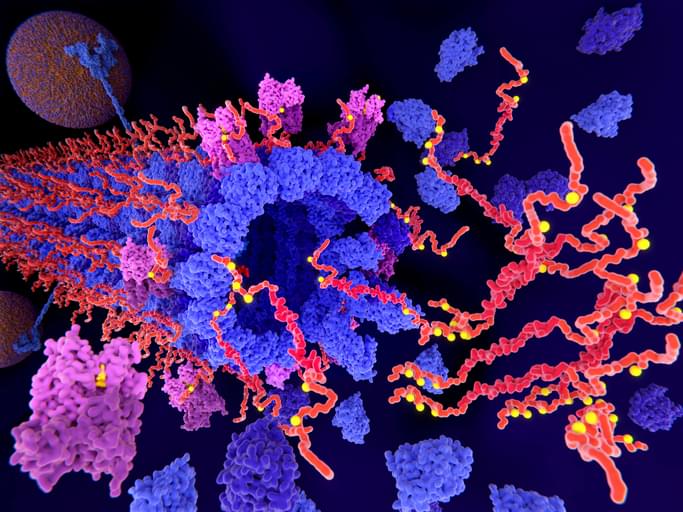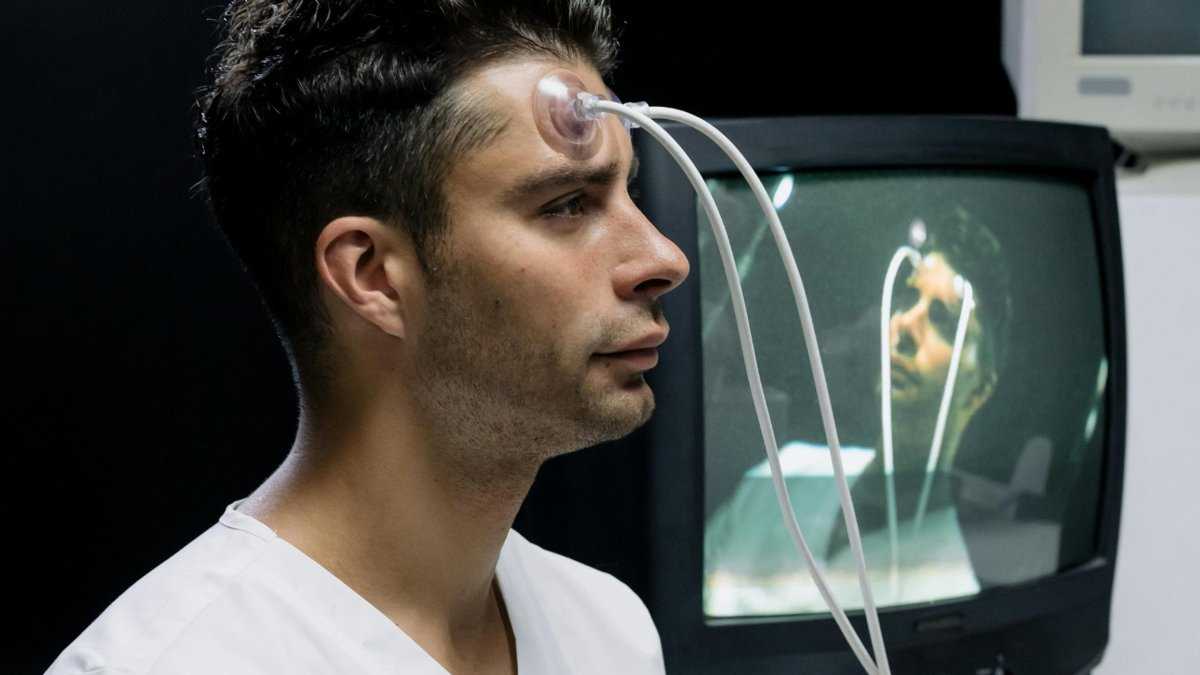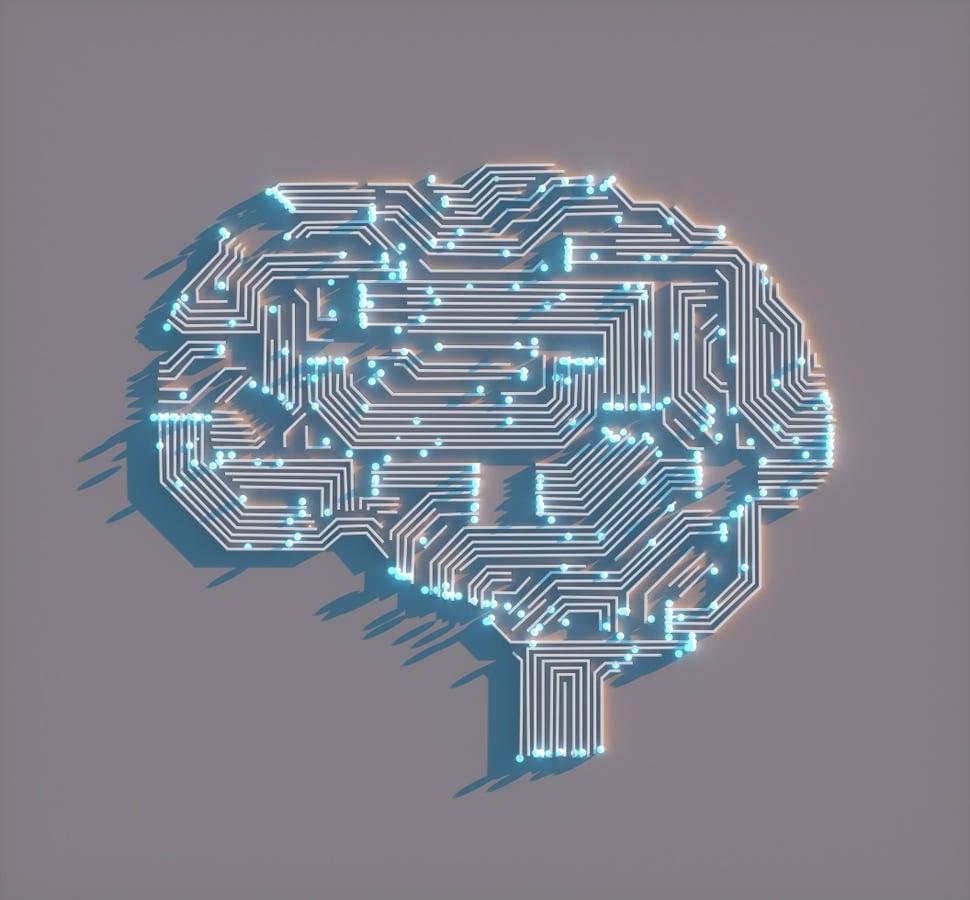Infection with the obligate intracellular parasite, Toxoplasma gondii, leads to neuronal cysts in the brain for the lifetime of the host. Our lab has previously determined that chronic infection leads to loss of astrocytic glutamate transported, GLT-1, leading to neuronal excitotoxicity. GLT-1 can be regulated by neuronal derived extracellular vesicles (EVs). We wanted to determine if cyst infection of neurons altered EV production and content and if EVs derived from cyst-containing neurons changed astrocyte function. Our study found that Toxoplasma cyst infection decreased EV production by neurons and altered EV host protein and miRNA content. In addition, EVs from infected neurons contained parasite derived proteins including the secreted dense granule protein GRA7. Incubation of these EVs with astrocytes led to EV uptake, GRA7 localization to the nucleus, a decrease in GLT-1 expression, and changes in the transcriptional signature of astrocytes to a pro-inflammatory response. Finally, these changes in astrocytic gene expression could be seen in vivo following infection using scRNAseq. This study demonstrates that Toxoplasma cysts alter neuron-astrocyte communication bypassing traditional immune mechanisms of recognition and leading to changes in astrocyte function.
Citation: Tabaie EZ, Gao Z, Kachour N, Ulu A, Gomez S, Figueroa ZA, et al. (2025) PLoS Pathog 21: e1012733. https://doi.org/10.1371/journal.ppat.
Editor: Eric Y. Denkers, University of New Mexico—Albuquerque: The University of New Mexico, UNITED STATES OF AMERICA.
